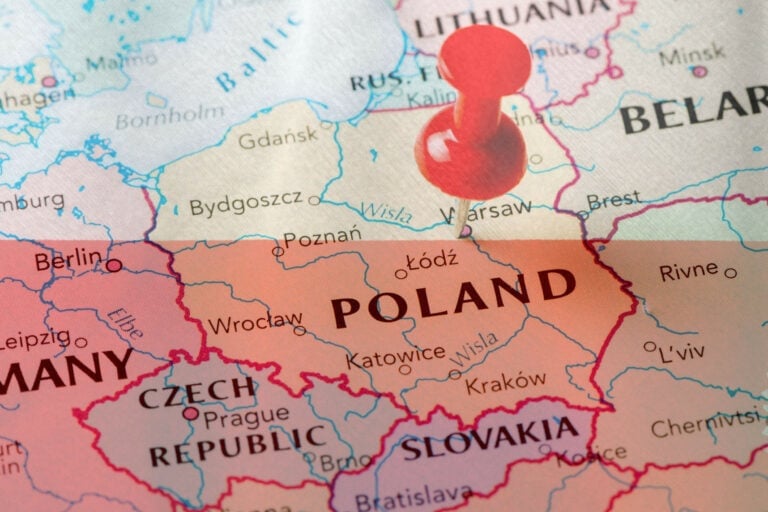November 25, 2025 | 22:24 GMT +7
November 25, 2025 | 22:24 GMT +7
Hotline: 0913.378.918
November 25, 2025 | 22:24 GMT +7
Hotline: 0913.378.918

The recent bird flu and Newcastle disease outbreaks have also exposed a long-standing issue of overcapacity in Poland's poultry slaughtering and processing segment. Photo: Canva.
Two new outbreaks of Newcastle disease, registered at the end of May, will cost farmers nearly 1.5 million heads, the Polish veterinary service estimated. In particular, 1.35 million hens were culled after the disease was registered at an industrial farm in the Mazovian province, which was officially acknowledged as the largest outbreak this year.
Since the beginning of the year, 30 Newcastle outbreaks have been registered in Poland, with the total loss count reaching 3.5 million heads of poultry.
Poultry farmers and processors report heavy losses. For instance, Wipasz, a prominent poultry manufacturer, saw its supply chain disrupted after the first outbreak was discovered in the Podlaskie province, where some of the company’s capacities are located, Wojciech Ściana, deputy president, told Farmer, a local news outlet.
The outbreaks led to production downtime and also problems on the consumer side.
“The biggest problem is the loss of customer trust – this causes the entire supply chain to fall apart,” Ściana said.
Issue of overcapacity
The recent bird flu and Newcastle disease outbreaks have also exposed a long-standing issue of overcapacity in Poland’s poultry slaughtering and processing segment. As explained by Ściana, over the past few years, processing capacities in the country have grown ahead of the supply of broilers, which eventually drove the industry to imbalance.
“When a disease strike and natural limitations related to the availability of poultry emerge, this escalates the problem,” Ściana said, adding that this results in long downtimes, which could affect all slaughterhouses and processors in the country.
Long downtimes, in turn, hamper business profitability, undermining the ability of Poland’s poultry processors to invest in their operations. “Competitiveness is the biggest challenge for us today, as it has been getting weaker over the last 5 or 6 years,” Ściana admitted, adding that the key target for the company now is only to stay afloat.
A new threat on the horizon
In the meantime, Poland’s poultry farmers fear that the signing of the Mercosur deal, a trade agreement between the European Union and Mercosur countries, will deal another heavy blow to the already troubled industry. The deal is expected to increase competition from South American poultry producers, potentially leading to a further decrease in market share for Polish farmers. According to Ściana, as the leading exporter in the European market, Poland will suffer the most.
Poland is steadfast in its belief that to gain access to the European poultry market, importers must adhere to the same high standards as European farmers, Ściana emphasised.
(Poultryworld)

(VAN) Brazil's COP30 presidency pushed through a compromise climate deal on Saturday that would boost finance for poor nations coping with global warming but that omitted any mention of the fossil fuels driving it.

(VAN) Poultry farmers in the UK have been warned that they could face one of the worst winters yet for bird flu.

(VAN) Prices of main-crop paddy have risen sharply, with jasmine rice hitting 16,100 baht per tonne — the highest level in years.

(VAN) In Brazil, FAO unveiled a series of reports and initiatives showing how sustainable agrifood systems are a solution to the climate crisis.

(VAN) With names like neodymium and dysprosium, rare-earth elements sound exotic — and their perceived scarcity has only added to the mystique.

(VAN) In a new study published in Trends in Biotechnology, researchers used a gene-editing technology called CRISPR to increase a fungus's production efficiency and cut its production-related environmental impact by as much as 61%- all without adding any foreign DNA.

(VAN) A top official in Beijing’s Cop delegation says China is committed to clean energy – but US’s absence is a problem.